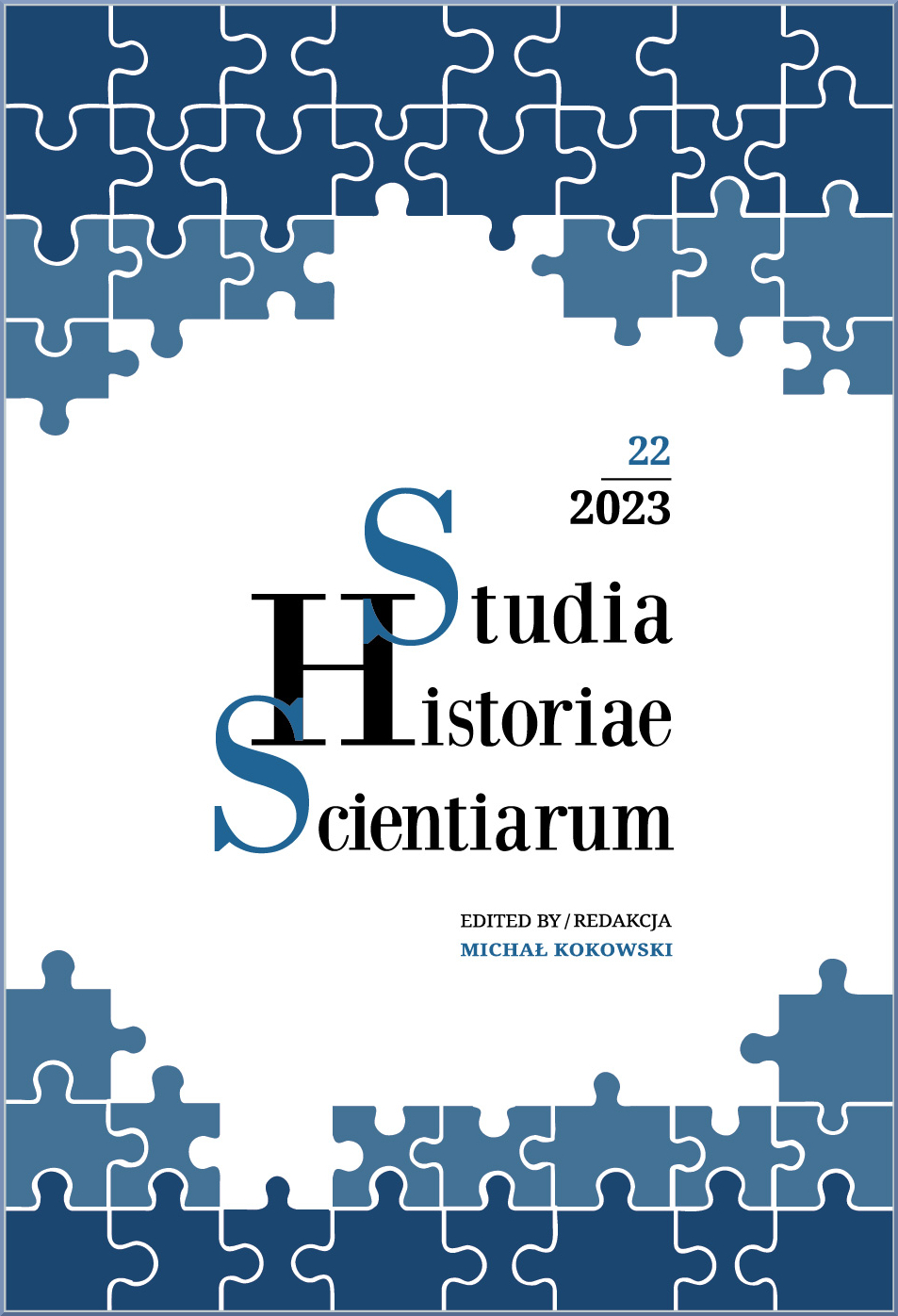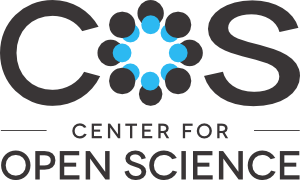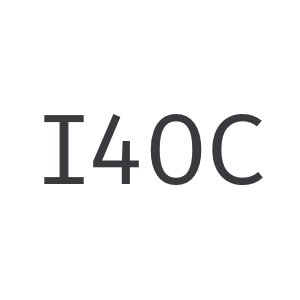Ideological, Political, and Philosophical Foundations of Science and Industrial Policy of the German Green Party in the 1980 and 1990: the Case of “Soft Chemistry” (Sanfte Chemie)
DOI:
https://doi.org/10.4467/2543702XSHS.23.015.17706Keywords:
history of chemistry, history of sustainability, green chemistry, sustainable chemistry, critical theory, science policy, , history of environmentalism, sanfte ChemieAbstract
Sanfte Chemie, or soft chemistry, is a scientific and philosophical concept developed in the 1980s under the auspices of the German Green Party (Die Grünen). Its purpose was to thoroughly reconstruct not only the chemical industry but also chemistry as a science in the spirit of environmentalism. Soft chemistry followers wanted to forge a new scientific method and criticized what they called a Baconian-Cartesian paradigm in the philosophy of science. Even though the sanfte Chemie project ceased to be endorsed by the Green Party in the 1990s because of its radicalism, the history of epistemological foundations, on which the soft chemistry was built, gives us a privileged insight into a vision of chemical sciences as advocated by early proponents of sustainability and pioneers of environmental movements.
The article analyses sources of sanfte Chemie, highlighting plurality and complexity of scientific, philosophical, political and ideological traditions that served as its basis. The study of the eco-critical narratives on empirical sciences allows us to better understand subsequent political choices concerning science, industry and the environment in Germany. In particular, the article shows that the tradition on which sanfte Chemie was built, gives it the advantage over later concepts, such as green chemistry, that lack philosophical depth.
The purpose of the article is to question the relation between the philosophy of science and the practice of science and ponder whether different chemistry is possible at all.
References
Archiwa partii Zielonych (Archiv Grünes Gedachtnis w Berlinie):
Gleich, Armin von 1985: „Harte oder Sanfte Chemie?” (Sygnatura: B II, 1/1022).
Gleich, Armin von 1994: „Sanfte Chemie: Eine Alternative nicht nur zur Chlorchemie”, 1994 (Sygnatura: Arnim von Gleich, 18 ½).
Gleich, Armin von, 1996: „Sanfte Cheme als Innovationsperspektive? Thesen zur Konfliktslinien und Lösungsansätzen im Rahmen der ökologischen Moderniesierung der Chemischen Industrie”, 1996 (Sygnatura: Arnim von Gleich, 4).
The Rudolf Steiner Archive 2022: Strona internetowa archiwów Steinera poświęcona jego pracom na temat nauki Goethego: URL: https://rsarchive.org/Books/GA001/ (dostęp: 01.10.2022).
Soznat-Archiv 2022: Strona internetowa Lutza Stäudel’a na temat magazynu Soznat: URL: https://www.stäudel.de/soznat-Zeitschrift.html (dostęp: 01.10.2022).
Adler, Adam; Mackwitz, Hanswerner 1990: Öko-Tricks und Bio-Schwindel: Damit uns Wirtschaft und Politik nicht mehr für dumm verkaufen können. Wiedeń: Orac Verlag.
Anastas, Paul T.; Warner, John Charles 1998: Green Chemistry: Theory and Practice. Oxford: Oxford University Press.
Augustine, Dolores L. 2018: Taking on Technocracy: Nuclear Power in Germany, 1945 to the Present. New York: Berghahn Books.
Auro 2022a: Strona internetowa firmy AURO. URL: https://www.auro.de/de/ueber-AURO/firmenportrait/ (dostęp: 01.10.2022).
Auro 2022b: Strona internetowa firmy AURO, zakładka Chemiewende. URL: https://www.auro.de/de/ueber-AURO/sanfte-chemie/chemiewende/ (dostęp: 01.10.2022).
Bloch, Ernst 1959: Das Prinzip Hoffnung. Frankfurt am Main: Suhrkamp.
Böhme, Gernot 1980: Alternativen der Wissenschaft. Frankfurt am Main: Suhrkamp.
Böhme, Gernot; Daele, Wolfgang; Hohlfeld, Rainer; Krohn, Wolfgang; Schäfer, Wolf 1983: Finalization in Science: The Social Orientation of Scientific Progress. Dordrecht: Springer.
Chargaff, Erwin 1978: Das Feuer des Heraklit. Stuttgart: Klett-Cotta.
Chargaff, Erwin 1987: Engineering a molecular nightmare. Nature 327, ss. 199–200. DOI: 10.1038/327199a0.
Commoner, Barry 1971: The Closing Circle: Nature, Man and Technology. New York: Knopf.
Dietschy, Beat; Zeilinger, Dorris; Zimmermann, Rainer 2012: Bloch-Wörterbuch: Leitbegriffe der Philosophie Ernst Blochs. Berlin: De Gruyter.
Eilingsfeld, Heinrich 1989: Der sanfte Wahn. Ökologismus total. Mannheim: Südwestdeutsche Verlagsanstalt.
Feenberg, Andrew 1996: Marcuse or Habermas. Two critiques of technology. Inquiry: An Interdisciplinary Journal of Philosophy 39, ss. 45–70. DOI: 10.1080/00201749608602407.
Fischer, Hermann 1984: Weg vom vergifteten Alltag – Plädoyer für eine Sanfte Chemie. Auro-Mitteilungen n. 6.
Fischer, Hermann 1993: Plädoyer für eine Sanfte Chemie. Über den nachhaltigen Gebrauch der Stoffe. Braunschweig: Alembik.
Gibbons, Michael; Limoges, Camille; Nowotny, Helga; Schwartzman, Simon; Scott, Peter; Trow, Martin 1994: The New Production of Knowledge. Thousand Oaks: Sage Publications.
Glantz, Stanton A.; Slade, John; Bero, Lisa A.; Hanauer, Peter; Barnes, Deborah E. 1998: The Cigarette Papers. Berkeley: University of California Press.
Gleich, Armin von 1989: Der wissenschaftliche Umgang mit der Natur. Über die Vielfalt harter und sanfter Naturwissenschaften. Frankfurt: Campus Forschung.
Gleich, Armin von 1999: Ökologische Kriterien der Technik-Integration des Vorsorgeprinzips und Stoffbewertung. Umweltwissenschaften und Schadstoff-Forschung t. 11, ss. 21–32.
Gleich, Armin von; Pade, Christian; Petschow, Ulrich; Pissarskoi, Eugen 2009: Potentials and Trends in Biomimetics. Berlin: Springer.
Goethe, Johann Wolfgang von 1926: Faust. Tłum. Emil Zegadłowicz. Wadowice: Fr. Foltin. URL: https://wolnelektury.pl/katalog/lektura/goethe-faust-czesc-pierwsza.html (dostęp: 01.10.2022).
Goetheanum 2022: Historia Goetheanum i Steinera: URL: https://goetheanum.ch/en/society#history (dostęp: 01.10.2022).
Graedel, Thomas E. 2001: Green chemistry as systems science. Pure and Applied Chemistry 73(8), ss. 1243–1246. DOI: 10.1351/pac200173081243.
Hecking, Claus; Pinzler, Petra 2016: Die Politik sollte steuern, die Wirtschaft rudern. Zeit Online 17 marca 2016. URL: https://www.zeit.de/wirtschaft/2016-03/amory-lovins-energiewende-bundesverdienstkreuz-rocky-mountains?utm_referrer (dostęp: 01.10.2022).
Jonas, Hans 1996 (oryg. 1979): Zasada odpowiedzialności. Etyka dla cywilizacji technologicznej. Kraków: Platan.
Koch, Egmont R.; Vahrenholt, Fritz 1978: Seveso ist überall – Die tödlichen Risiken der Chemie. Köln: Fischer.
Krasnodębski, Marcin 2022a: Krótka historia kodyfikacji na rzecz chemii przyjaznej środowisku naturalnemu. Kwartalnik Historii Nauki i Techniki 67, ss. 33–64. DOI: 10.4467/0023589XKHNT.22.011.15825
Krasnodębski, Marcin 2022b: Reinventing the wheel: A critical look at one-world and circular chemistries. Studies in History and Philosophy of Science 96, ss. 112–120. DOI: 10.1016/j.shpsa.2022.09.004.
Kümmerer, Klaus 2017: Sustainable Chemistry: A Future Guiding Principle. Angewandte Chemie International Edition 56(52), ss. 16420–16421. DOI: 10.1002/anie.201709949.
Livage, Jacques 2001: Chimie douce: from shake-and-bake processing to wet chemistry. New Journal of Chemistry 25(1), s. 1. DOI: 10.1039/B009233I.
Lovins, Amory 1979: The Energy controversy: soft path questions & answers. Edited by Hugh Nash. San Francisco: Friends of the Earth.
Mackay, Robin; Avanessian, Armen 2014: ACCELERATE: The Accelerationist Reader. London: Merve.
Mackwitz, Hanswerner; Köszegi, Barbara 1983: Zeitbombe Chemie. Strategien zur Entgiftung unserer Welt. Wiedeń: Orac.
Marcuse, Herbert 1991 (oryg. 1964): Człowiek Jednowymiarowy. Warszawa: PWN.
Matlin, Stephen A.; Mehta, Goverdhan; Hopf, Henning; Krief, Alain 2016: One-world chemistry and systems thinking. Nature Chemistry 8, ss. 393–398. DOI: 10.1038/nchem.2498.
Merchant, Carolyn 1980: The Death of Nature: Women, Ecology and the Scientific Revolution. New York: Harper.
Minssen, Mins 1986: Der sinnliche Stoff. Vom Umgang mit Materie. Stuttgart: Klett-Cotta.
Nieddu, Martino; Vivien, Franck-Dominique 2015: La chimie verte: une fausse rupture? Les trajectoires d’une transition écologique. La Découverte 2, ss. 139–153. DOI: 10.3917/rfse.hs1.0139.
Oreskes, Naomi; Conway, Erik M. 2010: Merchants of Doubt: How a Handful of Scientists Obscured the Truth on Issues from Tobacco Smoke to Global Warming. New York: Bloomsbury Press.
Roberts, Jody Alan 2006: Creating Green Chemistry: Discursive Strategies of a Scientific Movement. Praca doktorska obroniona na Faculty of Virginia Polytechnic Institute and State University. URL: https://vtechworks.lib.vt.edu/bitstream/handle/10919/27529/Roberts_Revised_Final_v2.pdf (dostęp: 29.06.2023).
Roselli, Maria 2014: The asbestos lie. The past and present of an industrial catastrophe. Brussels: European Trade Union Institute. URL: https://www.etui.org/sites/default/files/FINAL_The_Asbestos_Lie.pdf (dostęp: 29.06.2023).
Rosół, Piotr 2017: Hans Jonas o etycznej odpowiedzialności nauki i techniki. Kraków: Universitas.
Schumacher, Ernst Friedrich 1973: Small Is Beautiful: A Study of Economics As If People Mattered. London: Blond & Briggs.
Schumacher, Ernst Friedrich 1977: A Guide for the Perplexed. London: Jonathan Cape
Soentgen, Jens 2011: Das Unscheinbare: Phänomenologische Beschreibungen von Stoffen, Dingen und fraktalen Gebilden. Augsburg. URL: https://d-nb.info/1077700555/34 (dostęp: 29.06.2023).
Stehlik, Thomas 2019: Waldorf Schools and the History of Steiner Education. Cham: Springer.
Sturm, Christine 2020: Inside the Energiewende: Twists and Turns on Germany’s Soft Energy Path. Cham: Springer.
Thornton, Joe 2001: Pandora’s Poison: Chlorine, Health, and a New Environmental Strategy. Cambridge: MIT Press.
Tompkins, Andrew S. 2016: Better Active than Radioactive!: Anti-Nuclear Protest in 1970s France and West Germany. Oxford: Oxford University Press.
United States Enviromental Protection Agency 2023: Green Chemistry Challenge Winners. URL: https://www.epa.gov/greenchemistry/green-chemistry-challenge-winners (dostęp: 29.06.2023).
Downloads
Published
Issue
Section
How to Cite
Funding data
-
Narodowe Centrum Nauki
Grant numbers 2019/35/D/HS3/00614



























